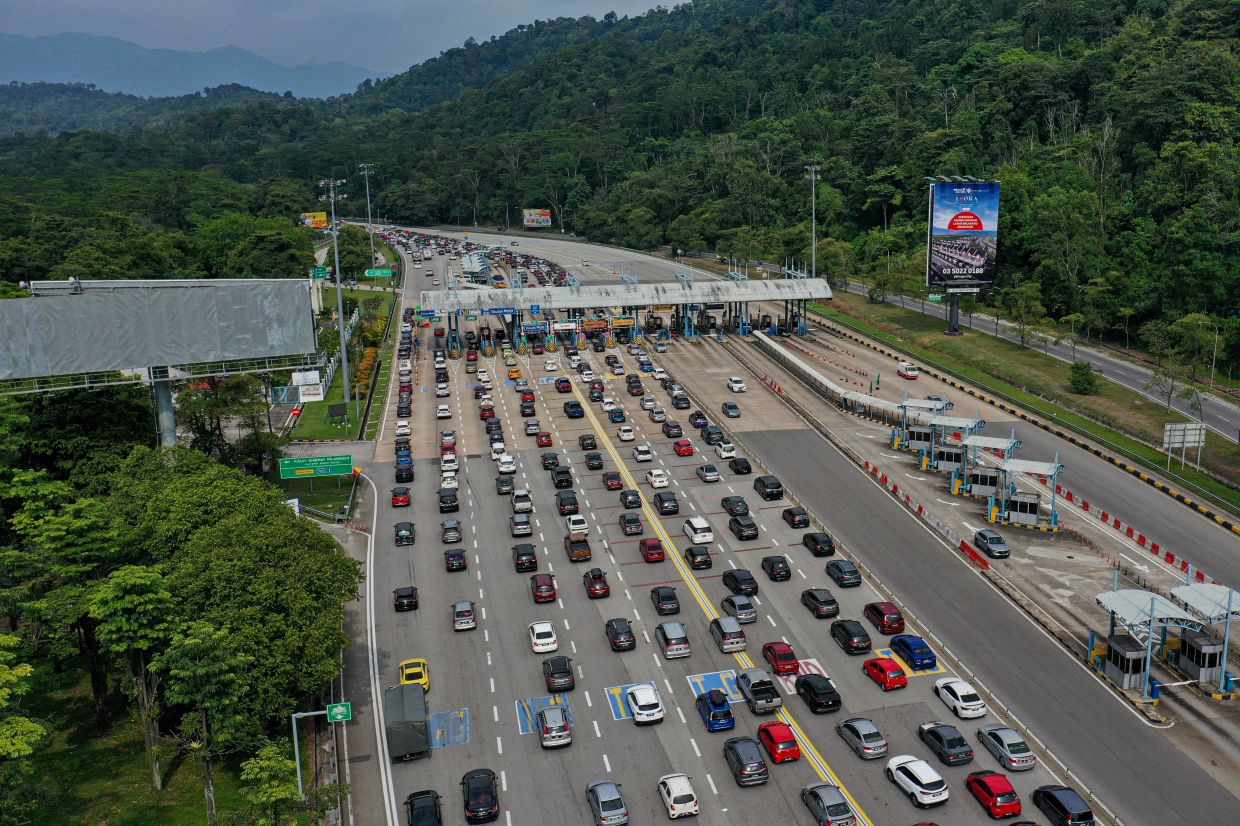
A file picture of Indonesian firefighters battling a fire at a palm oil plantation in Pekanbaru, Riau in Indonesia on Sept 7, 2019. - AFP)
PUTRAJAYA: The Natural Resources, Environment and Climate Change Ministry has issued letters on measures to prevent open burning in plantation areas to Malaysian plantation companies, subsidiaries and Malaysian-linked companies operating in Indonesia.
Its minister Nik Nazmi Nik Ahmad said the letter is to remind companies to take preventive measures to prevent the occurrence of plantation and peat fires, which are the main cause of trans-boundary haze pollution in the region.
Uh-oh! Daily quota reached.










































